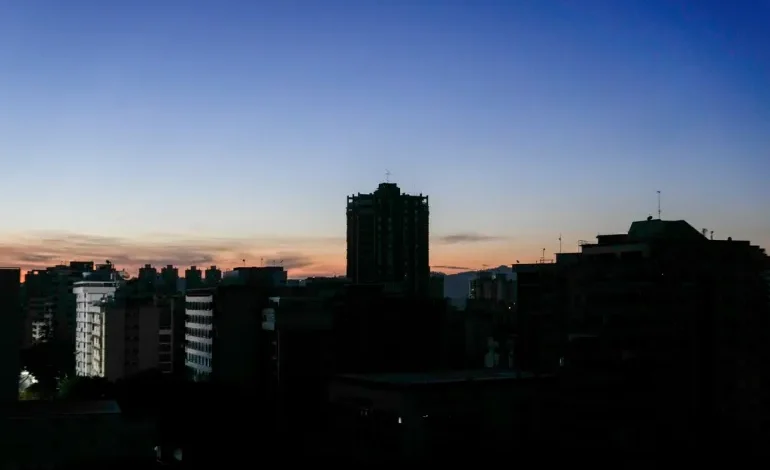

Most of Venezuela woke up to a power outage, with the authorities claiming saboteurs had targeted the national electricity network.
On Friday, Communications Minister Freddy Nanez said on state channel VTV that the blackout hit at approximately 4:40am (08:40 GMT) with “nearly all the national territory” – including the capital Caracas – reporting “total or partial loss” of electricity supply.
“We have been victims, once again of electrical sabotage,” said Nanez, without giving further details, adding that the authorities were working to fully restore service.
“The entire national government has been activated to overcome this new aggression,” he said.
Power cuts are not uncommon in Venezuela, although they are usually more localised.
During a period of political unrest in 2019, Venezuela suffered from regular power outages that the government almost always blamed on saboteurs and opponents of President Nicolas Maduro’s government.
However, energy experts said the outages were the result of brush fires damaging transmission lines and poor maintenance of the country’s hydroelectric infrastructure.
Following last month’s contested presidential election, officials have again been quick to blame opponents for even minor disruptions.
On Tuesday, a series of smaller blackouts, which Nanez also blamed on sabotage, affected some states.
The outages happened to coincide with antigovernment protests the following day, with critics of Maduro taking to the streets in an attempt to rally opposition to his rule exactly one month to the day after the election.
“This is a constant strategy of the opposition, the enemies of this country, to impact the population,” Diosdado Cabello, the newly appointed interior minister who is believed to be the second most powerful man in the country, said after Tuesday’s outage.
Residents of the capital were taking Friday’s disruption in their stride.
Traffic during the normally busy rush hour was lighter than usual and some people complained about being unable to communicate with family members due to a lack of cellphone service.



